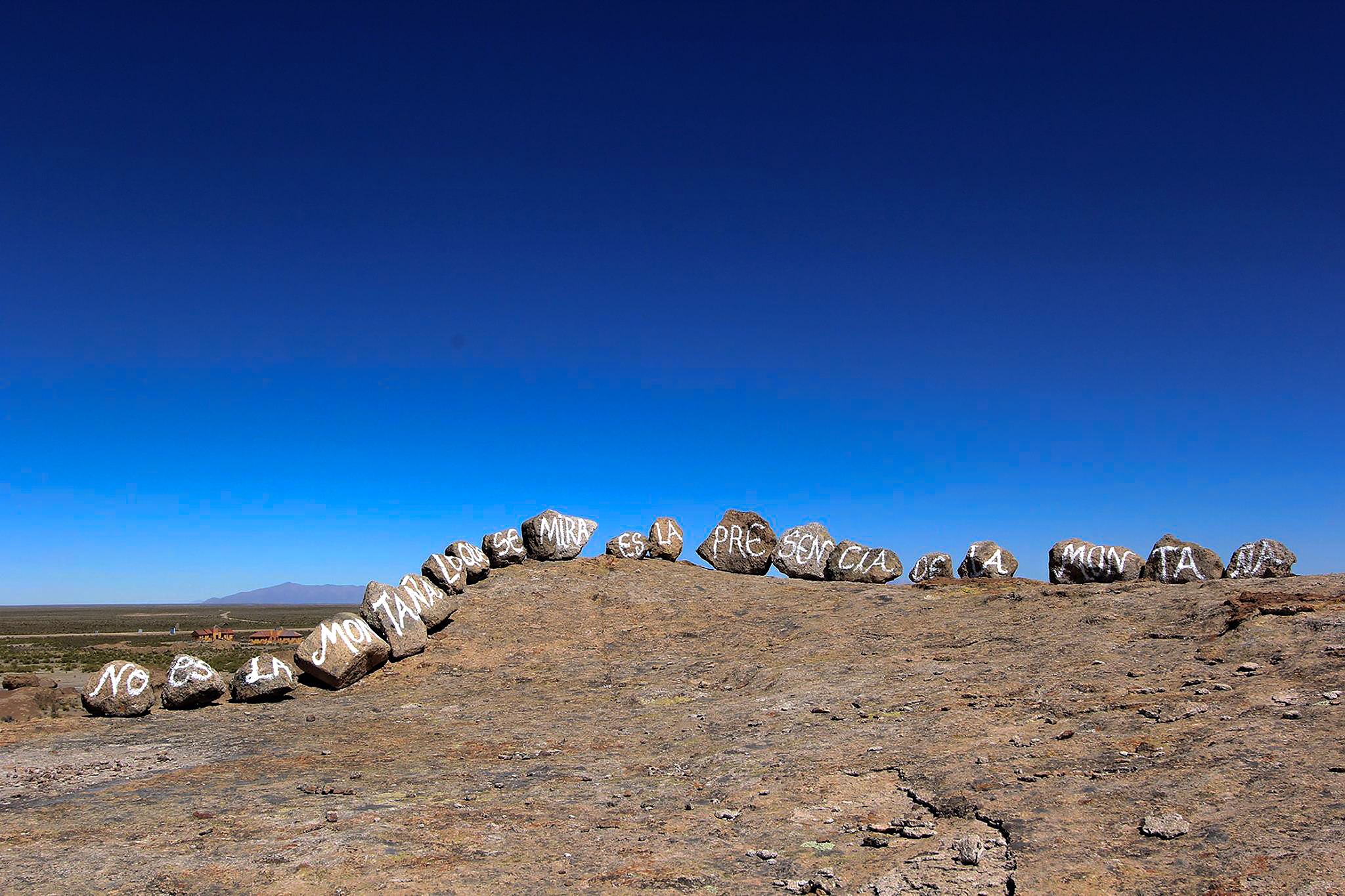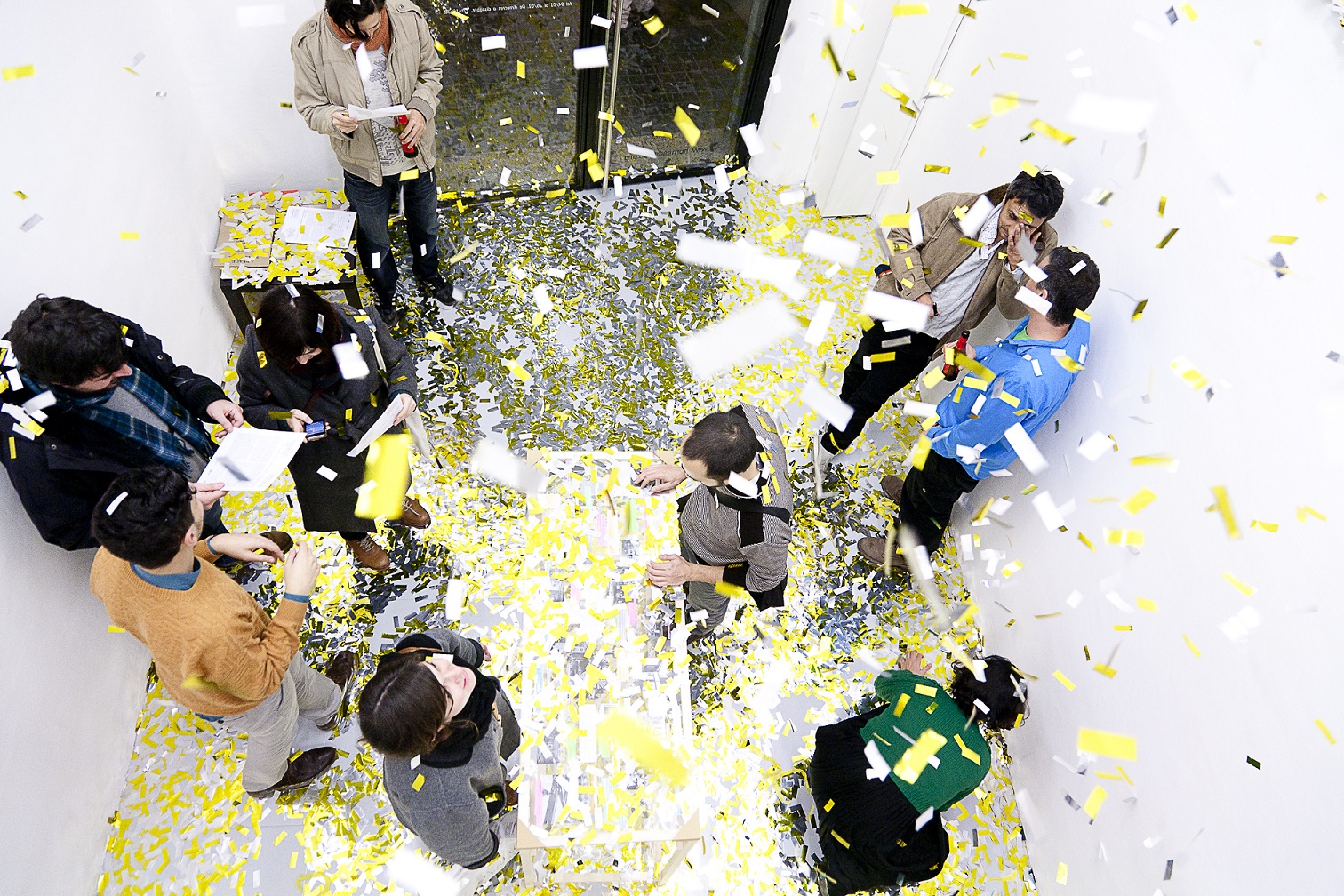in the morning around six forty-seven I saw between you and me on the waters of rotten and sacred river
a dead horse with a cracking inflated belly and like the water, of the same gray color.
what’s the name they gave you?
In the beginning I thought it was accumulated plastic bags
a dead horse that floats like accumulated plastic bags, with blood from the whip or spur?
How many kilometers from Giza to Shubra have you done without being whipped on the ear?
I looked away pretending not to see you and walked to the south in the direction of the Nile
and you floated north in the direction of the Nile.
Six days later I told our story of how I see you in me
of how I see myself floating as gray plastic bag the shape of a horse I don’t know the name lost in the Nile
Decolonizing Action: Poetic Pedagogies with Local Implications
03/07/2023
by Gian Spina
From an interdisciplinary approach that spans film, photography, poetry, and pedagogical projects, Gian Spina (São Paulo, Brazil, 1984) carries out an investigation on the materialization of power in history, its narratives, and the public sphere. In recent years, his work has drawn on the experience of residing in several Middle Eastern countries as part of different artistic and educational programs. He currently lives between Cairo and Beirut, where he coordinates the Arab-Latina research group and the collective construction of a school.
Education
Background
I started my journey in filmmaking, doing camera assistance and working on sets. Over time, that world became too enclosed for me, with too many rules, so I gradually moved away from this field and looked for something more experimental and easier to do than the giant film sets. My initial questions hovered around the relationship between art and life, how one implies the other in the same way a poem is born: from experience.
In 2013, the question of the relationship between history and power, state narratives, and representation of the past began to arise through two actions performed in two different monuments. The first one, A história da história que aponta para outra história [The Story of the History which Points to Another Story] was made in São Paulo, in it, we see the illustration of a priest catechizing two indigenous children painted on a wall in the street, against which I threw red paint. The second action, O dia em que a raiva acordou primeiro [The Day When My Rage Woke Up before Me], set the main square of Bordeaux (France) on fire, whose construction was funded through the trade of enslaved people. At that moment, along with the act of writing poetry, a fundamental shift in my practice occurred; it is in this place where I am to this day.
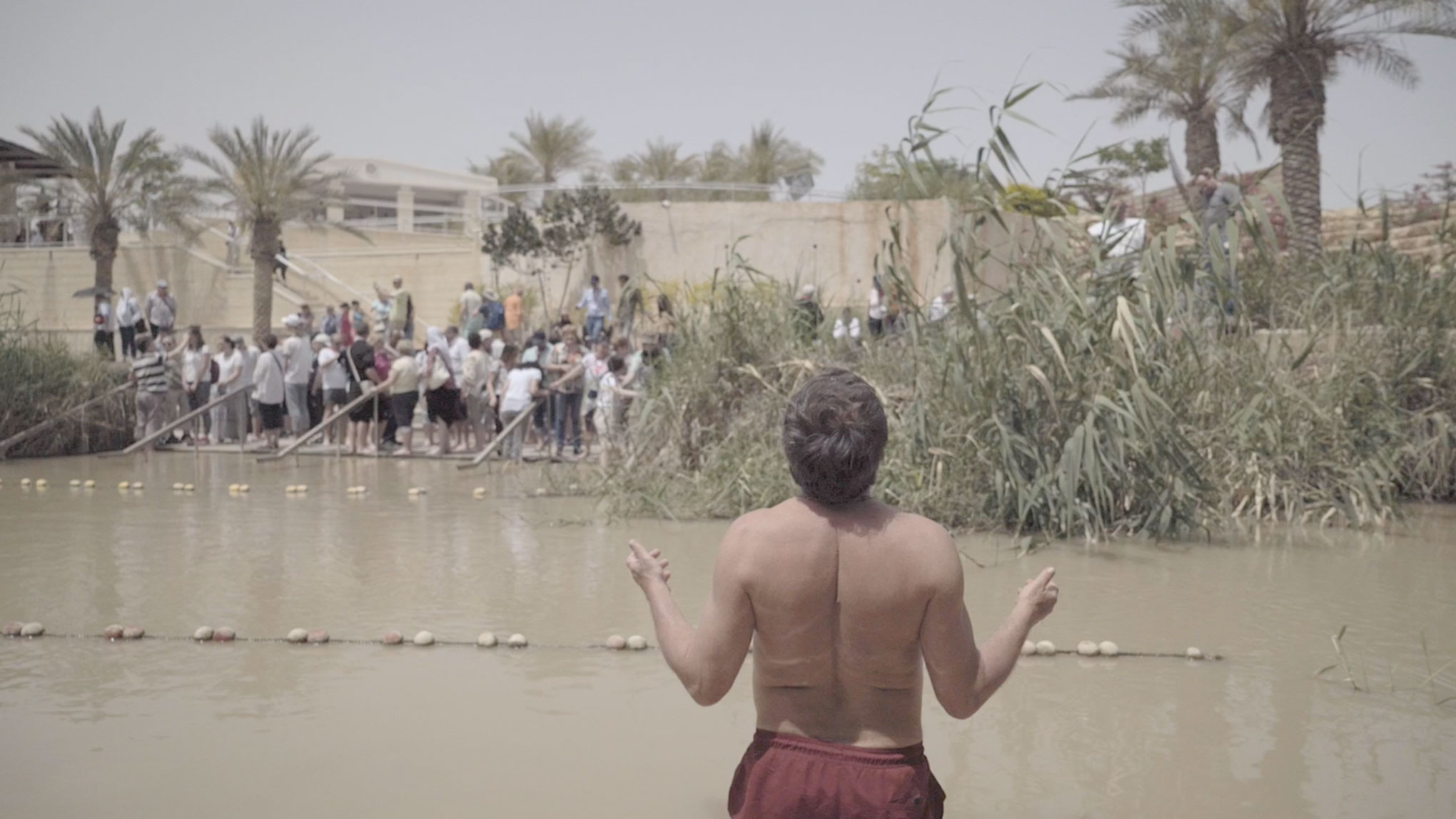


Teaching
The pedagogical practice has allowed me to learn to listen and to understand that, in a classroom, I’m there for others, not for myself. There is a structural problem in pedagogy (after elementary school) which is the fact that it "serves" the teacher/facilitator far more than students. I think that comes from this much in-vogue idea that we are all "educators," which leaves the field of pedagogy in a superficial place.
This is also the sphere where these practices can nurture the artistic practice, building a different way of acting and living that takes the time to understand and delve into the problems of students and the complexities of the environment.
Learning
I tend to seek to learn from projects that fascinate me; this usually comes from texts. For the past five years, I have focused on the film and writing works of the Otolith Group, on the way poetry, history, and personal narratives intertwine and merge in their text-film complex. But what influences me the most are the works of friends: the films of Mohamed Shawky, the way Batool El-Hennawy unfolds his thinking, the poetry of Rafael RG, the long-time collaboration with Diego Crux and our conversations, in short, people traverse me and change me.
Processes
Beginnings
Usually, new projects are set off by a striking event or historical fact that I discover. For example, in 2018, I was participating in an artist residency in Jordan, at the MMAG Foundation, and we visited the site of the baptism of Jesus Christ; this gave me the idea of a liquid monument shaped like water, which would create and destroy narratives, identities, and borders. Another example was the Calabouço [Dungeon] project that I did together with Diego Crux, in which we discovered locations where slaves were tortured by the State in colonial Rio de Janeiro, and how the money from those torture houses helped build the urban infrastructure of the city. These are two examples of activators that became prolonged searches and, ultimately, films.
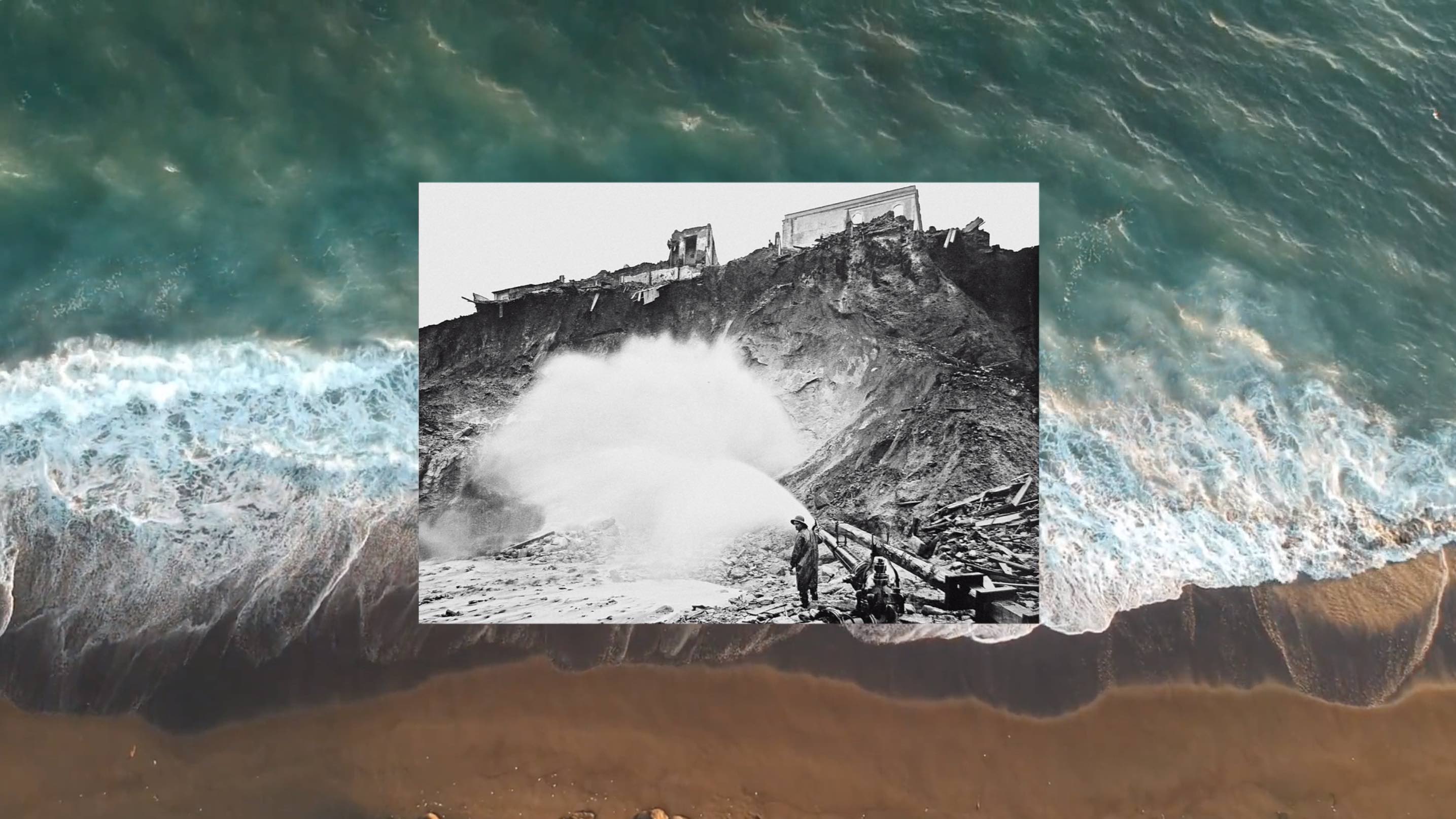
Questions
I think one must take the issue of error very seriously, both on a personal as well as on an artistic, creative, level. Mistakes are always present, we are constantly dealing with them, negotiating with them at all times. Placing and removing the same comma twenty times is part of that process and I think intuition is there to put an end to indecision.
At some point, something you can't quite articulate tells you that it's fine this way, and although many times you can't explain why, you know, you feel it in your gut—that is the moment when intuition takes shape. In the last few years, I have managed to understand how my chaotic process works, how intuition works, and, especially, the different timings of each stage.
Strategies
I usually read about the topic I'm working on for a long time—something that can range from six months to a year and a half. Over this period, I take notes, write excerpts, collect images, and look at projects that relate to the theme. I keep it alive in my head, thinking about the project, trying to visualize it and build it. Then comes the moment to "tackle" it, to work almost hurriedly, to move on to the practical phase where I put together all these researched elements.
Procedures
Conversation with researchers, artists, and friends is always fundamental and has become part of my thinking process. Study groups and process presentations also fall into these stages, but mostly they try to change these already too comfortable production formats. I really don't know what the next processes will be like, but I seek to work more and more together with people from different backgrounds and points of view around a topic or issue.
Dialogues
In recent years, I have been growingly building collaborative relationships both with other artists and with educators. These partnerships come in different forms, such as films, texts and podcasts made with artist Diego Crux, or at the CILAS (Cairo Institute of Liberal Arts and Sciences) school in Alexandria along with Batool El-Hennawy, Kari Rosenfeld, and Hussein El-Hajj. These collaborations have changed both my thinking and the projects themselves. I believe that collective work, building networks and collectivities, is a less focused and archaic way of making art. That is what we are doing here in Beirut right now, building a school with teachers from the global South around the topic of collectivity.
Projects
In Progress
I‘m currently working on relatively long projects. I’m editing a poetry book and working on a film about the Egyptian actress, dancer and public figure Taheyya Kariokka (1915-1999), one of the most prominent performers of her generation. Taheyya had a very strong political commitment: she was openly against the occupation of Palestine, to the point of throwing a shoe at actress Susan Hayward at the Cannes Film Festival in 1956. My idea is to explore some of these topics and draw connections with contemporary issues in Egypt (where I lived for the past three years), Palestine (where I lived in 2016/17), and Brazil (where I was born).
I‘m also developing a school of experimental pedagogies focusing on arts and critical theory in Beirut, together with the Barzakh Cultural Center. We are developing a series of methodologies intended to help teachers move away from old and vertical ways of dealing with knowledge. The program will last about one year, conveying teachers/facilitators from the global South; it will be based in the capital of a country devastated by the biggest crisis in its history. It’s a pedagogical project that implies many complications, both ethical and structural. How do you build a school in the context of a total crisis such as Lebanon? There is no electricity (the State provides only about two hours a day), inflation is endless, there is a lack of medicines... in short, these problems we are facing here now transform all the processes into something very different and complicated.
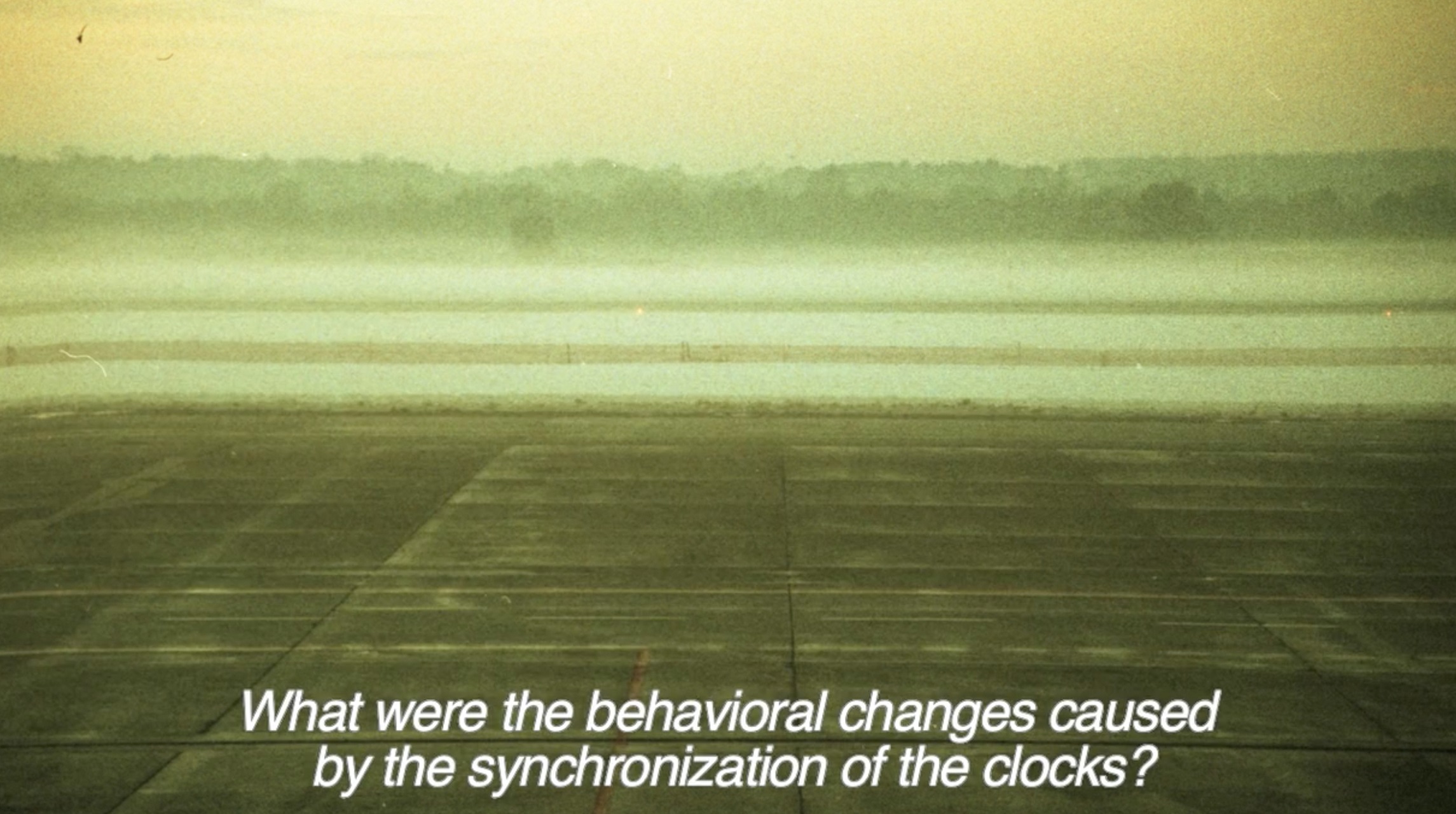

In Retrospect
Teaching at CILAS in Alexandria was quite a different learning experience for me because there was a lot of energy and craziness involved—and when I say 'craziness,' I don't mean changes in physical and psychic states through the use of substances but changes in the way of dealing with issues that weren’t there for me before. How to talk about politics in the context of a military dictatorship? How to create an environment where extremely different perspectives (conservative, queer, religious, etc.) can coexist, discuss, and learn together? And how to do all this while also respecting the rhythms, energies, and perspectives of the teachers? It was a place where very different people worked together and that brought a lot of novelty and movement.
The time after class was fundamental during my stay, as the students were very present in the lives of the guest professors in Alexandria. They showed us around the city and we built an intimacy that was helpful when we developed the artistic projects. In addition, the school functioned inside a film archive that was shut down in the seventies and it had a small movie theater and a very old structure, which provided us with the possibility of a temporal and atmospheric leap amid the circumstances.
Contexts
The context is almost everything: it is present both in the way I behave, think and act, and in the way everything happens in artistic practices. My attitude and lifestyle in the outskirts of Cairo are completely different from downtown São Paulo. I think this is especially noticeable in my poems, which speak of different geographies and images.
I have had the opportunity of teaching in three completely different contexts: São Paulo, Ramallah, and Alexandria. I was familiar with São Paulo, but what about the context of Ramallah, in Palestine, where students arrived late because the Israeli army was throwing tear gas bombs and closing the road coming from Bethlehem? In that context, one of the students asked me, "How long have you been occupied by Portugal?" And this question made a lot of sense coming from there, that is, comparing the occupation of Palestine by Israel with the occupation of Brazil by Portugal. In Alexandria—or rather all over Egypt—there was a shared paranoia that something was soon to happen. In the context of a military dictatorship, working with high levels of fear and insecurity makes us change a lot the way we act and deal with things. I had two friends arrested by the regime; one of them, the activist Alaa Abdel El-Fatah (along with 60,000 other political prisoners) is still imprisoned by the military and that is truly awful.
Further Reflections
I think an interesting way of thinking about pedagogy as an artistic practice is to devise formats that can activate new ways of teaching and learning for people who do not intend to create new pedagogical practices.
I mean that the artistic practice, in this case, would be creating educational instances with different shapes, with new ways of proceeding and understanding education. This is something that happens only in the making, just like a film or a poem, and this processual relationship should be taken very seriously.
